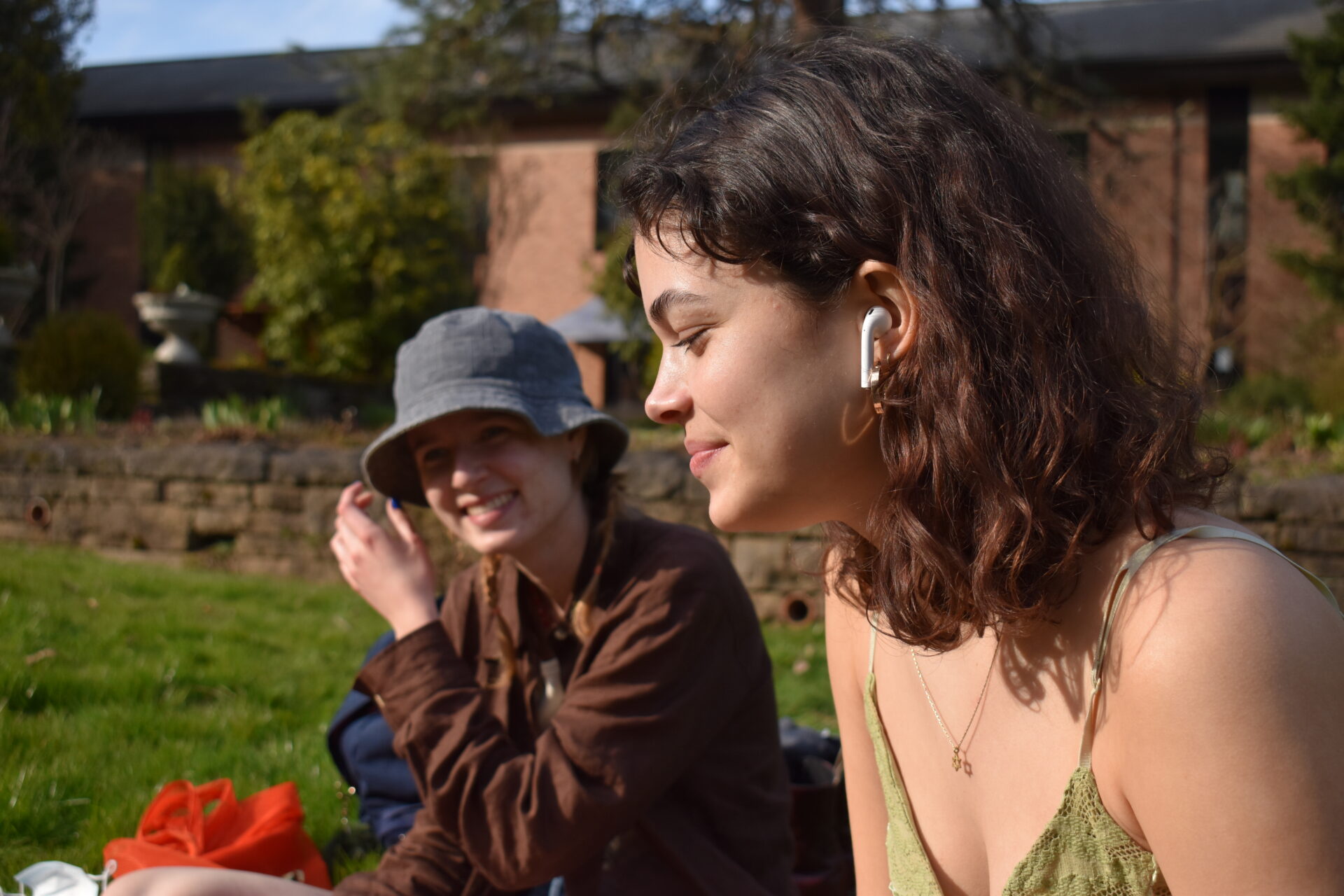
The classic format of the family-friendly, feel-good sitcom has competition in the form of what Julia Heidtke ’24 describes as her “morbid fascination”: true crime. This genre has not only taken over the world of television, with shows like “Making a Murderer,” “Tiger King” and “American Crime Story: The Assassination of Gianni Versace” garnering high ratings, but it has also monopolized a newer form of media — podcasts.
With four of the top 10 podcast channels on Spotify revolving around true crime, this genre has undeniably taken over the streaming platform. Heidtke’s favorite podcast, “Crime Junkie,” hosted by Ashley Flowers, is the third most popular channel on Spotify as of March 2021. Additionally, popular news channels such as “This American Life” have launched spinoff podcasts on their channel. This includes “Serial,” hosted by Sarah Koenig, which is dedicated entirely to the retelling of horrendous true crime stories.
There is no question that crime-related media has been at the center of pop culture for decades now, but why exactly is this? What is the appeal of intense stories featuring gruesome accounts of murders and missing persons cases? According to Rasmussen University, the main answer lies in our brain’s curiosity to understand itself, specifically that “our fascination with true crime stories may be representative of our curiosity about the inner workings of the mind.”
But there is also something thrilling about experiencing fear, something almost addicting. Heidtke describes it as “the full chills down my spine feeling” she gets while listening. Forensic psychologist Paul G. Mattiuzzi compares this feeling to a “fundamental human impulse,” explaining that this is due to true crime’s taboo nature.
Heidtke, a self-proclaimed crime junkie, says that while at times the stories are repulsing, it comes down to the storytelling of the hosts and the educational benefits.
“You need to come at it with a perspective of respecting what (the victims) went through and think ‘I’m here to educate myself and listen respectfully,’” Heidtke said.
Podcasts such as “Crime Junkie” have also been able to solve a few missing person cases due to the size of their audience and reach across the country. Heidtke recalls one “Jane Doe” case in particular which resulted in the identification of the remains of the victim. The parents of the victim were featured on the show in an episode that revisited the case, where the host was able to finally cohesively tell the full story. Heidtke said that episode moved her, and that it was “emotional to listen to these people being able to put their daughter to rest.”
The format of the podcast is also preferable to Heidtke due to its accessibility, stating that she prefers true crime podcasts over crime TV because you are not required to see all of the “gory details” and that it is “a lot easier to consume.” Yet, despite her love of the genre, Heidtke is conscious of the problematic nature of true crime.
“Sometimes it does feel like you’re exploiting other people’s trauma to get a thrill as an audience member,” Heidtke said.
However, she recognizes that the educational benefits are tremendous. Not only have they made her more aware of her own safety, but of the safety and importance of checking in on her friends and family as well.
Subscribe to the Mossy Log Newsletter
Stay up to date with the goings-on at Lewis & Clark! Get the top stories or your favorite section delivered to your inbox whenever we release a new issue.

Leave a Reply